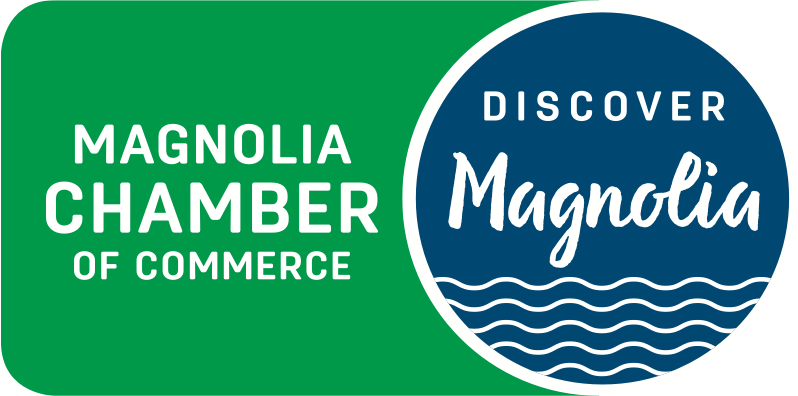Between April 9 through April 22nd, many of the Chamber membership participated in our COVID-19 Business Response Survey. We gathered the most pertinent of responses that will help inform public policy in response to the pandemic and “Stay Home, Stay Healthy” orders and sent the results to our elected officials. The same letter was individually addressed to Seattle Councilmember Andrew Lewis, King County Councilmember Jeanne Kohl-Welles, the 36th District Legislators including Senator Reuven Carlyle, Gael Tarleton, and Noel Frame, and U.S. Congresswoman Pramila Jaypal. If you don’t have access to Adobe, please either request an emailed copy to the letter by emailing information@discovermagnolia.org or read below to access additional information.
Our survey was designed to help capture the array of businesses in the various business districts throughout Magnolia. We also aimed to capture the kind of impacts our business are experiencing due to the pandemic and response. In addition, we were seeking what relief measures are the most effective and what is most desired by our businesses. Some of the key findings included:
-
The vast majority of survey-responding businesses are very small; most responders were either sole proprietor or up to 10 employees (81%). In addition, the vast majority of survey responders earned $1 million dollars or less (90%).
-
Responders report that the period between March 1st and June 30th represents approximately 25-50% of their annual income earnings. 75% report significant disruptions to cash flow.
-
The impacts of the COVID-19 “Stay Home, Stay Healthy” orders mostly affect the ability of Magnolia businesses to serve customers and sell products/services, earn revenue, secure workforce, and access capital. One responder offered this qualitative assessment of the issues they are facing as a result of the COVID-19 crisis:
“No clear path to the end. What will “re-opening” look like. I will run out of cash by the end of April. There seems to be limited answers, availability specifically as it relates to small biz’s that have been forced to close their doors like restaurants and fitness facilities. There will be a minimum of 90 days once we reopen to then go back and “re-sell” packages we’ve had to cancel or cannot service currently.”
-
In answering what kind of public/private responses to the COVID-19 crisis have been most effective, a relatively high percentage say receiving information/guidance from a third-party source are the most effective; organizations like banks, chambers of commerce, and peers (40%). Second highest in effectiveness was receiving information from trade associations.
-
In a strong majority, survey responders said direct grants are the most helpful for recovery from the impacts of COVID-19 response (86%)
Least helpful are loans from private sector entities (85%)
-
We share one of the qualitative response regarding the importance of local, state, and federal government working together to avoid long-term negative impacts to small businesses in Magnolia:
“It will depend on the general public, severity of COVID-19, availability of possible treatments and vaccines, and a host of other things out of my control. Will my clients and athletes feel safe coming back into the gym environment? Remains to be seen, and the lack of clear messages from local, state and federal gov’t makes this extremely challenging.”
Based on these responses, we asked for the following on behalf of our members:
-
Coordination, Collaboration, Cooperation. It is imperative that all levels of government work together. We appreciate this can be easier said than done and we applaud the close working relationships between the city of Seattle, King County, and the state of Washington during the COVID-19 crisis. Working together seems ever more important as the state considers lifting stay home orders. The need for cooperation, collaboration and coordination between federal, local and state governments is essential to balance the need to open back up Magnolia small businesses while also keeping residents and the community safe from the pandemic. We look forward to continued efforts to address this critical balancing act and being a positive partner.
-
Federal Relief Programs. We continue to advocate for all levels of government to prioritize essential funding for the federal Paycheck Protection Program and the Economic Injury Disaster Loan program at the Small Business Administration. These programs must grant broad eligibility and allow for extended timelines for the Magnolia business community to meet the appropriate requirements to receive this assistance. We also strongly encourage city and state government to take actions to reduce impacts to small businesses, while recognizing you are dealing with your own loss of revenues and increased demands on services.
To see the full results of the survey, please click here
